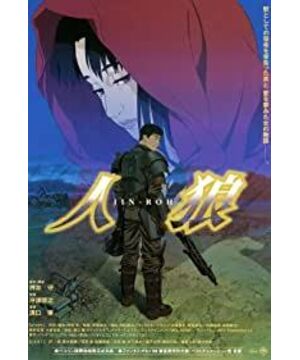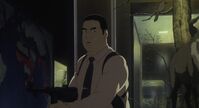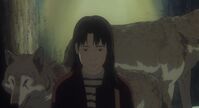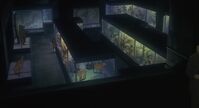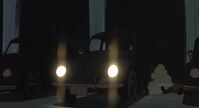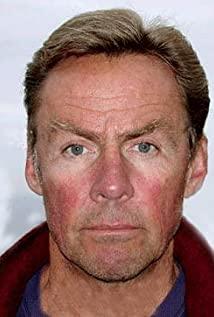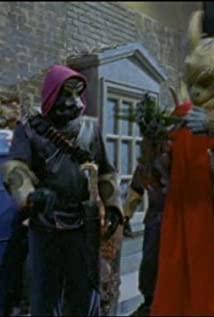Human wolf is the title of "capital police" by the outside world, with secret activities, heavy weapons and equipment, and special action rights, even the high-level police officers in China are afraid when they talk about it. Isn't this exactly what Benjamin is talking about, legislative violence and law-enforcing violence - sacred violence?
In the wolf, the role of Little Red Riding Hood is quite similar to the homo sacer, and the wolf is the weapon of killing. Little Red Riding Hood has the characteristics of interpreting extrajudicial status - she has a criminal record, was dropped out of school, and turned into an extremist. At the end of the play, the male protagonist's boss described her like this - "It doesn't matter whether she exists or not. The important thing is not to let her existence flow into the hands of the other party." In front of him, he has lost the ability to think and act, he is at the mercy of others, and even his own life and death cannot be decided by himself. Little Red Riding Hood has become a bargaining chip in the game of two political forces. In this way, Little Red Riding Hood is undoubtedly a living sacrifice. Whether it's a human wolf or the Metropolitan Police Department coveted next to it, they are all coveting the benefits brought by Little Red Riding Hood to preserve and extend their own power.
But I believe that what the wolf wants to tell us is the change that politics brings to people. In other words, it is the transformation of human beings and inhumans in a specific environment and a specific historical period. The self-destructed Little Red Riding Hood was supposed to be an innocent and innocent underage girl, but because of "organization", "belief", etc., he took up the weapon of harming others, and even did not hesitate to self-harm; as a member of the violent suppression force, the hero several times He was told by his boss to "don't have feelings" and "don't have sex with humans" such inhuman words.
In the battle climax of the whole play - the battle between the human wolf and the Metropolitan Police Department, the male protagonist is armed, like a superhero wearing a mask, returning to the correct identity of the human wolf. The blood-colored night vision goggles foreshadowed the killing on the screen, and the male protagonist did not hesitate to use the ammunition in his hand to smash his former companions into sieves. In the end, Little Red Riding Hood, who was in love with the male protagonist, died under the guns of other wolves. The hero, who is rarely emotionally exposed in the whole play, hugged Little Red Riding Hood and couldn't help sobbing and asking himself, "Who am I?...".
Whether, the male protagonist can only live in that suit of armor? Can only live under the wolf's name? I believe that Mamoru Oshii is trying to face the two inevitable deaths of Little Red Riding Hood through the hero, and throws the audience's thinking about the hero's own humanity, and even our own humanity.
View more about Jin-Roh: The Wolf Brigade reviews


